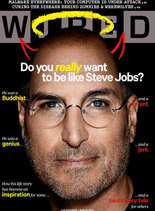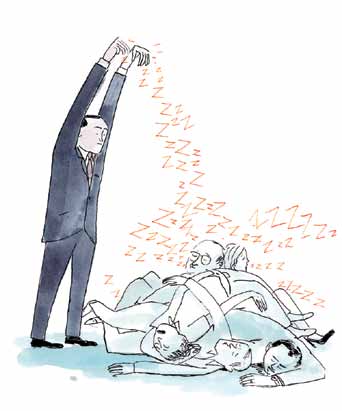My last post was about how United Airlines lost Phoebe, my friend’s 10-year old daughter. All of us involved in this story – especially parents Annie and Perry, NBC’s Diane Dwyer (the only media person that interviewed Annie and Phoebe), and me – were stunned to see how viral it went. A Google search last night revealed it was reported in at least 160 outlets – including England, France, and Germany with the facts based only on the post written here, Annie and Perry’s complaint letter, and United’s tepid apology. This blog received over 200,000 hits in the last two days; 2000 is typical. Annie and Perry have resisted the intrusive onslaught of media people (most were polite, several incredibly rude) and elected to do a single interview with Diane Dwyer. It appeared locally in the San Francisco Bay Area as well is in a shorter (but I think still excellent) form this morning on The Today Show. Here is the link to The Today Show video and to Diane’s written story on the local NBC site.
I also want to reprint United's statement because it lacks even a hint of empathy or compassion. Note that it does not question any of the facts put forth by Annie and Perry and also note that no attempt was made to reach out to Annie and Perry until United was contacted by NBC reporter Diane Dwyer. As one executive I know explained — he is in what they call Global Services, the top 1% of United customers — even the statement is a symptom of how deep the denial is and how shallow the humanity is in the company:
“We reached out directly to the Klebahns to apologize and we are reviewing this matter. What the Klebahns describe is not the service we aim to deliver to our customers. We are redepositing the miles used to purchase the ticket back into Mr. Klebahn’s account in addition to refunding the unaccompanied minor charge. We certainly appreciate their business and would like the opportunity to provide them a better travel experience in the future.“
Charles Hobart/United Airlines Spokesman
Annie and Perry have written a statement below and as you can see, they aren’t going to be doing any additional media and their focus is on persuading United to change its policies and procedures for handling unaccompanied minors. They ask the media and anyone else out there to please respect their privacy from now onward.
As they request, I will also shift my efforts here and elsewhere to trying to understand how United reached the point where they are so broken, developing ideas about what can be done to save them from themselves, and to press United to break out of its current denial and start down the road to redemption.
Here is the statement from Annie and Perry, again, please respect their privacy.
On behalf of the Klebahn family we appreciate your interest in our story. We feel strongly that United's program for handling unaccompanied minors is deeply flawed and that they need to seriously overhaul this program and their entire approach to customer service.
Hundreds of thousands of families send their kids on United each year as unaccompanied minors. We sent our daughter away to summer camp, but many families are separated for a variety of reasons and sending their kids on planes alone is part of their required routine. United offers this service, and families like us trust and rely on them to provide safe, secure passage for children. The age of the children United takes into their care is 5-11 years old and not all of them carry cell phones, nor have the maturity to know what to do in an emergency. It's astounding how many flaws there are in United's program but at a bare minimum we think they need to change the following:
- United does not disclose that their unaccompanied minor service is outsourced to a third party vendor–this needs to change so parents can make an informed choice about who they are entrusting their children to when they travel alone
- If United is going to continue offering this service to families they need to offer a dedicated 24/7 phone line that is staffed with a live human being in the U.S. so that parents have an active and real resource to use during their travel experience
- United should also be required to alert parents immediately of travel delays and alternative plans for the minors in their care
It is still startling to us that after our unbelievable experience it took six weeks, and a press story by NBC, to have United even consider responding to our concerns and complaints. Our only goal in all of this is to have United acknowledge that their program is flawed, and to consider an immediate overhaul before another child gets lost or hurt. Getting our $99 back with a veiled apology means nothing given what we've been through.
As an organization United is broken. They have the worst customer rating of all airlines, they have the highest number of official complaints on the US Department of Transportation's website, and the largest number of negative comments on the Internet, Facebook and Twitter. How can they not notice that they are doing it wrong?
At this point the important thing for us is that our daughter is safe. We can only hope that making our story public will in some way make an impact by adding another voice to the many out there asking United to change. If you would like to add your voice too, please join our petition to change United's Unaccompanied Minor Program by signing your name to the petition we started on Change.org.
We would like to thank Diane Dwyer at NBC and Dr. Robert Sutton for their help telling this story. There will be no further comments or interviews.
Annie and Perry Klebahn



